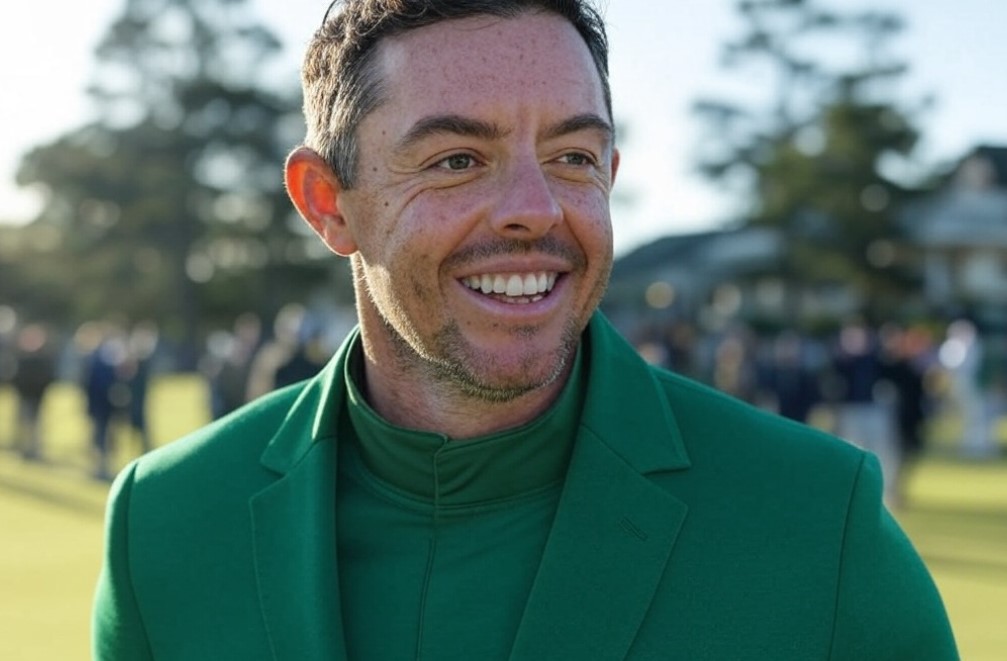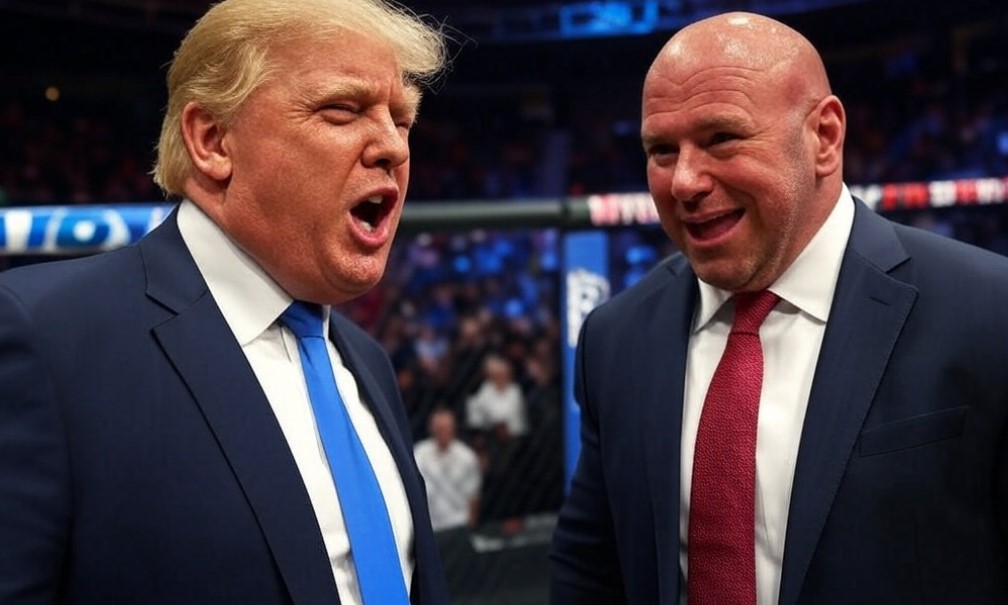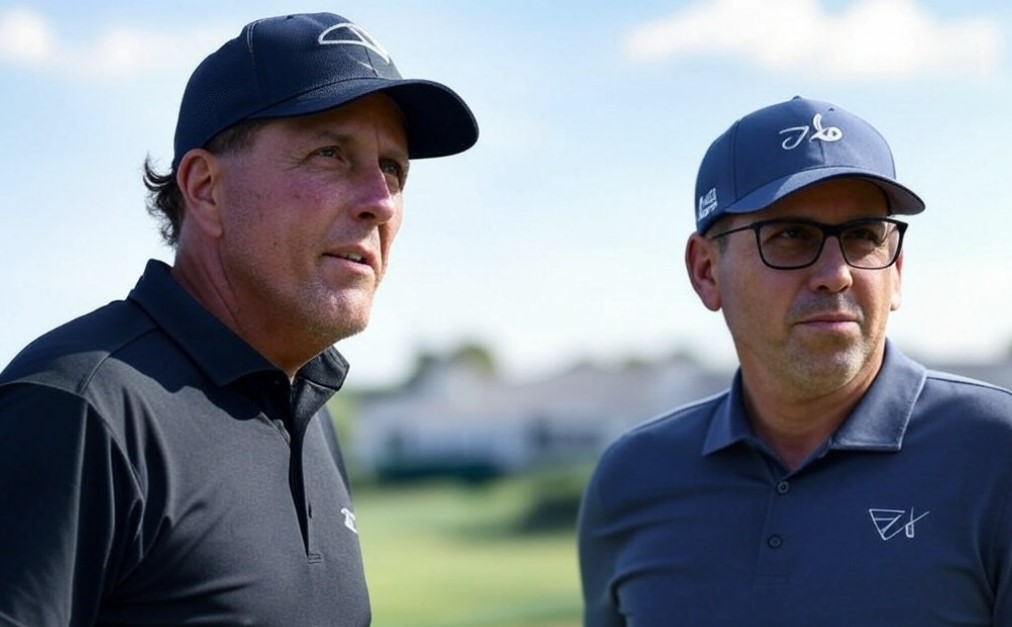On March 21, 2025, the world lost a towering figure in George Foreman, who passed away at the age of 76.
To call him a boxer would be an understatement, disrespect and an insult; he was a force of nature, a man whose life spanned the brutal highs of the heavyweight boxing ring to the quiet triumphs of entrepreneurial genius.
A sports hero and a hero of entrepreneurship.
Foreman’s death leaves a void not just in the sporting world but in the fabric of American culture, where his larger-than-life personality, relentless spirit, and improbable reinventions made him a legend for the ages.
From his ferocious battles with Muhammad Ali and Joe Frazier in one of boxing’s golden eras to his astonishing comeback as the oldest heavyweight champion at 45, and later his transformation into a business mogul with the iconic George Foreman Grill, his story is one of grit, redemption, and an unyielding zest for life.
The Holy Trinity of Heavyweight Boxing
George Foreman emerged during an era when the heavyweight division was a crucible of titans, a time when the likes of Muhammad Ali and Joe Frazier redefined what it meant to be a champion.
The 1970s were a golden age for boxing, a period when the sport captured the world’s imagination with rivalries that transcended the ring. Foreman, Ali, and Frazier formed what boxing promoter Frank Warren aptly called the “holy trinity of heavyweight boxers,” a trio whose battles are etched into the annals of history.
Foreman’s rise began with a thunderous statement in 1973, when he faced the undefeated Joe Frazier in Kingston, Jamaica. Frazier, fresh off his iconic victory over Ali in 1971’s “Fight of the Century,” was the heavyweight king, a relentless force known for his devastating left hook.
But Foreman, at just 24, was a different beast—a hulking, scowling figure with fists that seemed forged from steel. On January 22, 1973, he demolished Frazier in two rounds, knocking him down six times in a display of raw power that stunned the boxing world.
Commentator Howard Cosell’s cry of “Down goes Frazier! Down goes Frazier!” became an indelible soundtrack to Foreman’s ascent. With that victory, he claimed the WBA, WBC, and lineal heavyweight titles, establishing himself as a fearsome champion.
Yet, his reign would soon meet its match in Muhammad Ali.
In 1974, Foreman faced Ali in Kinshasa, Zaire (now the Democratic Republic of Congo), in what became known as the “Rumble in the Jungle.” Promoted by Don King and watched by an estimated one billion people worldwide, it was more than a fight—it was a cultural event. Foreman, then 25, entered with a record of 40-0, 37 by knockout, his aura of invincibility palpable.
Ali, at 32, was the underdog, a former champion seeking to reclaim his crown. What unfolded was a masterclass in strategy and resilience.
Ali employed his now-famous “rope-a-dope” tactic, leaning against the ropes, absorbing Foreman’s thunderous blows, and letting the champion tire himself out in the African heat. In the eighth round, Ali struck, felling Foreman with a combination that ended his title reign.
It was a defeat that shook Foreman to his core, a moment that would haunt him for years.
These clashes with Frazier and Ali defined Foreman’s early career, cementing his place in an era when heavyweights were larger-than-life figures.
The 1970s heavyweight division was a brutal ballet of power and personality, and Foreman’s brooding intensity contrasted sharply with Ali’s charisma and Frazier’s tenacity. Together, they created a narrative that still resonates, a testament to a time when boxing was the king of sports.
From Mean Machine to Redemption’s Champion
Foreman’s early persona was that of a mean, vicious man—a stark contrast to the jovial figure he’d later become. In the ring, he was a destroyer, his scowling demeanor and devastating punches inspiring fear.
Outside it, he was aloof, shaped by a tough upbringing in Houston’s Fifth Ward, where poverty and petty crime marked his youth. His transformation began after the Ali loss, but it wasn’t immediate.
He fought on, stopping Frazier again in 1976, but a 1977 loss to Jimmy Young in Puerto Rico changed everything. Exhausted and possibly delirious from heatstroke, Foreman experienced a spiritual awakening in the dressing room, claiming a vision of Jesus Christ.
He quit boxing, became an ordained minister, and spent a decade preaching on Houston’s streets and running a youth center.
That might have been the end of his story—a champion turned preacher—but Foreman’s life was a Rocky-like saga of comebacks. In 1987, at 38, he returned to the ring, driven partly by financial need for his community projects and partly by an unquenched fire.
The Foreman who stepped back into boxing was different: heavier, slower, but with a newfound humility and a disarming grin. Gone was the menacing scowl; in its place was a man who seemed to enjoy every moment, win or lose.
His improbable journey peaked on November 5, 1994, in Las Vegas. At 45, Foreman faced Michael Moorer, the 26-year-old WBA and IBF heavyweight champion.
Moorer outboxed him for nine rounds, but Foreman, ever patient, waited for his moment. In the tenth, he landed a single, crushing right hand that sent Moorer to the canvas. The referee waved it off, and Foreman, at 45 years and 10 months, became the oldest heavyweight champion in history, reclaiming a title he’d lost 20 years earlier.
The crowd erupted, and Foreman, wearing the same red trunks from the Rumble, stood as a symbol of perseverance. It was a Hollywood ending—except it was real.
This second reign was a triumph of character as much as skill.
The younger Foreman had been feared; the older Foreman was beloved. His comeback wasn’t just about winning; it was about proving that age, adversity, and past defeats couldn’t define a man. He retired for good in 1997 with a record of 76-5, 68 by knockout, leaving behind a legacy of resilience that inspired generations.
Beyond the Ring: The Business Titan
Foreman’s story didn’t end with boxing. If anything, his post-ring life amplified his legend, turning him into a business titan whose acumen rivaled his punching power.
The George Foreman Grill, introduced in 1994 by Salton Inc., became his most famous venture. Initially approached as a pitchman, Foreman saw potential in the lean, fat-reducing grill, a perfect fit for a health-conscious era.
His infectious enthusiasm—“It’s so good, I put my name on it!”—and relatable charm made it a phenomenon. By 1999, Salton paid him $137.5 million to buy out his naming rights, after he’d already earned millions in profits.
Over 100 million grills sold worldwide, and Foreman’s earnings from the deal dwarfed his boxing purses, reportedly exceeding $200 million.
But the grill was just the tip of the iceberg. Foreman’s business ventures were vast and often underappreciated. He invested in real estate, owning properties across Texas, and ran a successful car dealership in Houston.
He authored books, including By George and Knockout Entrepreneur, sharing his life lessons and business insights. He launched Foreman Boys Clothing, a line of affordable kids’ apparel, and even dabbled in television, starring in the short-lived sitcom George and appearing as a boxing analyst for HBO.
Lesser known but equally impressive were his stakes in a lion-breeding farm in California and a health-food company promoting diabetes awareness—ventures reflecting his personal passions and philanthropy.
Foreman’s business success wasn’t luck; it was a reflection of his personality. He approached commerce with the same tenacity he brought to boxing, but with a warmth that won over consumers. He once said, “I fall in love with every product I sell.
That’s what sells—just like with preaching.” His ability to pivot from a feared fighter to a trusted pitchman was a masterstroke of reinvention, proving his life was as much about building as battling.
A Larger-Than-Life Legacy
George Foreman’s personality was his superpower. He named all five of his sons George Edward Foreman—plus a daughter, Georgetta—joking, “If you’re hit as many times as I was by Ali and Frazier, you won’t remember many names.”
He laughed at himself, shared his faith openly, and radiated a joy that belied his early struggles. From a troubled kid in Texas to an Olympic gold medalist in 1968, a two-time heavyweight champion, and a multimillionaire entrepreneur, he lived a dozen lives in one.
His death at 76, surrounded by loved ones, marks the end of an era. Foreman was a bridge between boxing’s brutal past and its modern evolution, a man who turned losses into lessons and punches into profits. America has lost a colossal titan—a humanitarian who gave back through his youth center, a preacher who found redemption, and a personality whose absence leaves a massive void.
His family called him “a force for good, a man of discipline, conviction, and a protector of his legacy.” That legacy—forged in the ring, honed in the boardroom, and lived with unrelenting heart—will endure as a testament to what one man can achieve when he refuses to stay down.




